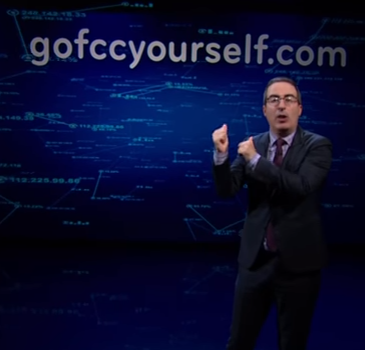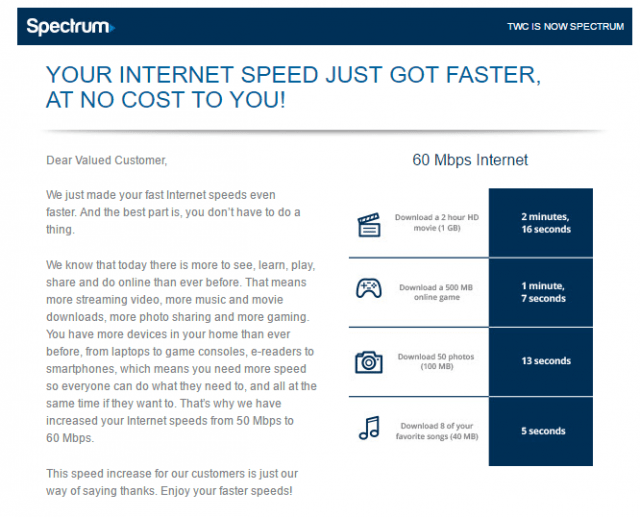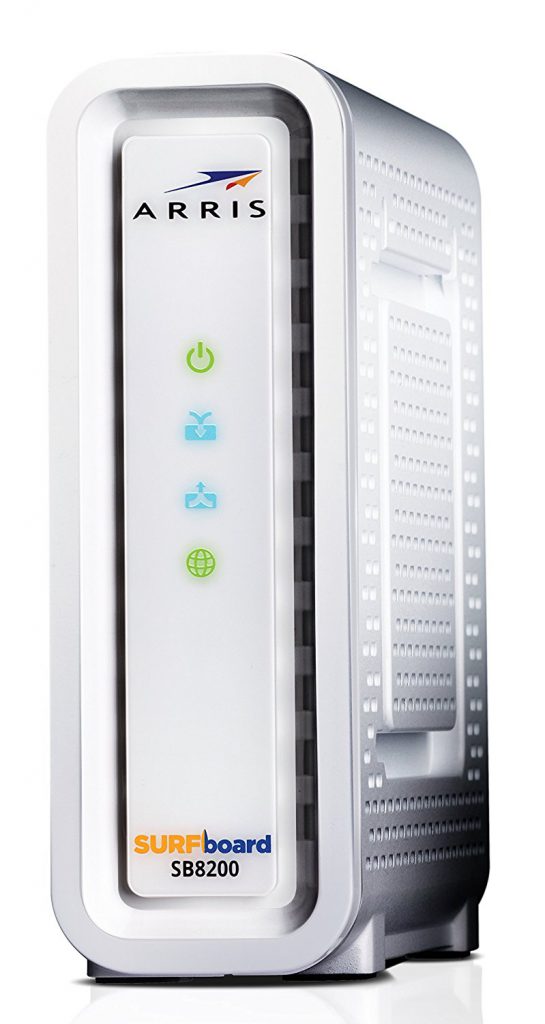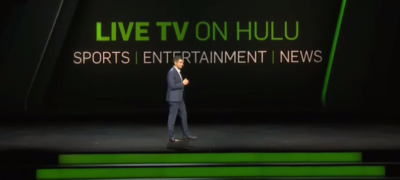
John Oliver returns to defend Net Neutrality, and provide a simpler way for ordinary Americans to share their views with the FCC.
John Oliver is back.
As Donald Trump’s FCC chairman Ajit Pai lays the groundwork for an all-out repeat of Net Neutrality, Oliver spent 20 minutes of his HBO show “Last Week Tonight” this past weekend pleading for Americans to come out and protect a free and open internet, just as he did three years earlier.
“It seems that the Trump-era will basically Ctrl-Z everything that happened on Obama’s watch,” Oliver said. “I genuinely would not be surprised if one night Trump went on TV just to tell us he personally killed every turkey Obama ever pardoned.”
“Every internet group needs to come together like you successfully did three years ago,” Oliver told his audience. “Gamers, YouTube celebrities, Instagram models, Tom from MySpace — if you’re still alive. We need all of you. You cannot say you are too busy when 540,000 of you commented on Beyonce’s pregnancy announcement.”
To help ordinary Americans navigate the FCC’s arcane electronic comments filing system, Oliver launched GoFCCYourself.com, a website dedicated to getting comments about Net Neutrality registered with the FCC.
His viewers responded, and promptly crashed the FCC’s website with an overwhelming amount of traffic. The same thing happened in 2014 when Oliver’s public plea helped produce millions of comments in favor of Net Neutrality. As of this afternoon, the FCC website is still slower than usual and the likely deluge of comments will keep FCC staffers busy for weeks to come.
Oliver took direct aim at Pai, noting the former Verizon lawyer said he would take a weed whacker to telecom regulations and has already threatened that Net Neutrality’s “days are numbered.”
“‘Days are numbered’ and ‘take a weed whacker’ are serial-killer talk,” Oliver said.
 Oliver lampooned Pai over his repeated tweets quoting lines from the 1998 film The Big Lebowski and his oversized Reese’s Peanut Butter Cup coffee mug.
Oliver lampooned Pai over his repeated tweets quoting lines from the 1998 film The Big Lebowski and his oversized Reese’s Peanut Butter Cup coffee mug.
“Ajit Pai is the kind of guy who has a fun, oversized novelty mug and he is really proud of it,” Oliver said.
But despite the fun-loving façade, Pai’s claims that Net Neutrality regulations were burdensome and unnecessary are not a game to internet content providers and startups that fear large telecommunications companies could rig the marketplace against them. Pai complained at a gathering held April 26 at the Newseum, sponsored in part by FreedomWorks — a group with direct ties to the Koch Brothers, that “special interests” were pushing Net Neutrality and causing a reduction in private broadband investment.
Oliver responded that Title II enforcement was essential for Net Neutrality policies to have any teeth. Pai’s desire to return to an earlier Title I enforcement mechanism for Net Neutrality was overturned by the D.C. Court of Appeals, ruling the FCC could not enforce Net Neutrality policies under Title I, and suggested Title II enforcement instead.
Last week, that same D.C. Court of Appeals elected not to review and let stand a three-judge panel’s decision that the FCC was within its rights to reclassify ISPs under Title II, a clear victory for open internet proponents.
“[That] decision is a win for consumers,” said Lisa Hayes, general counsel for the Center For Democracy and Technology. “The court agreed that Title II classification is sound, and that the FCC has authority to regulate the marketplace. Net neutrality is essential to a vibrant internet ecosystem, and CDT will continue to defend the open internet in the days and years to come.”
“The D.C. Circuit has once again confirmed that the FCC’s Open Internet rules are lawful and supported by the evidence,” said Public Knowledge senior counsel John Bergmayer. “Now, the primary threat to these important consumer protections is FCC Chairman Pai’s determination to roll them back, and to hand more power to monopolistic internet access providers.”
ISPs like Verizon are also on record stating Net Neutrality had and will continue to have no bearing on internet investment, which directly contradicts Pai’s repeated claims.
“Maybe the best way to gauge Title II’s impact is to listen to what cable companies told their own investors, to who they are legally obligated to tell the truth,” Oliver said, playing a recording of a 2014 Verizon earnings conference call quoting former chief financial officer Fran Shammo who told investors that Net Neutrality “does not influence the way we invest.”
John Oliver takes on FCC chairman Ajit Pai in Net Neutrality II from his HBO series “Last Week Tonight.” (19:32)


 Subscribe
Subscribe




